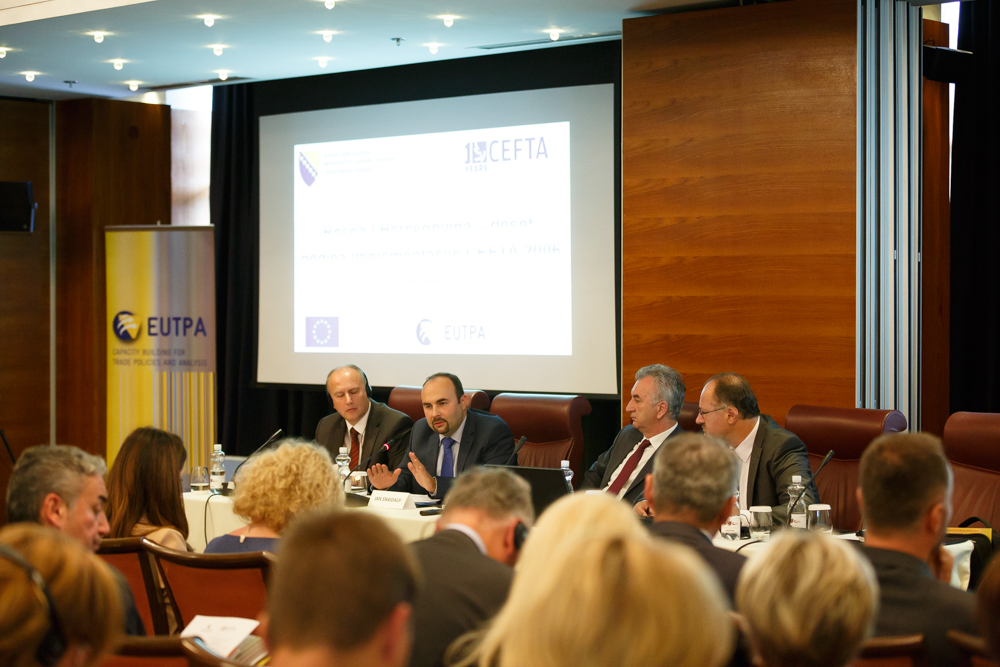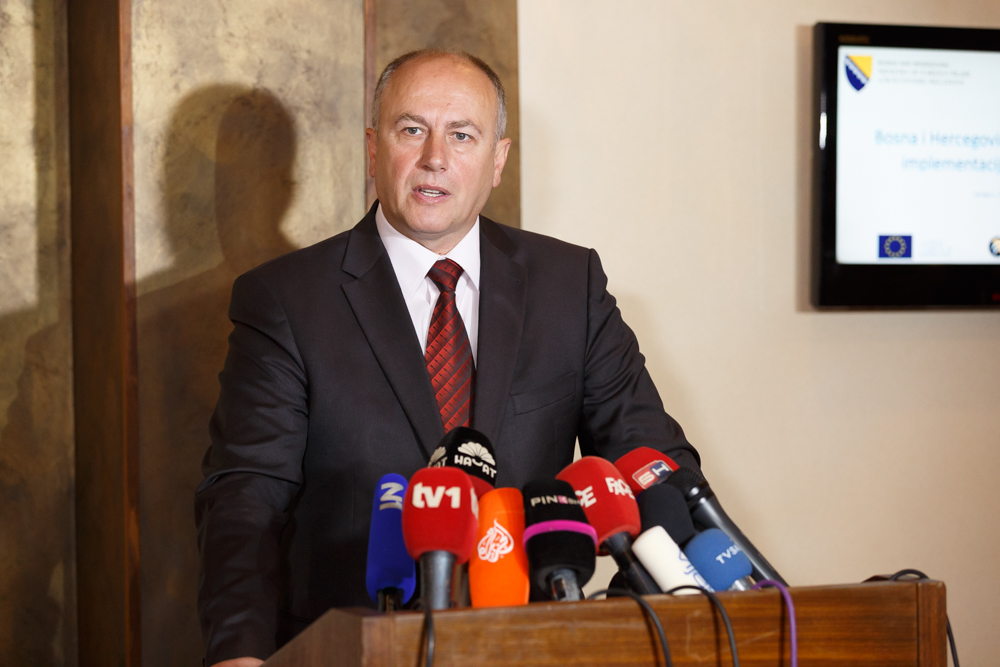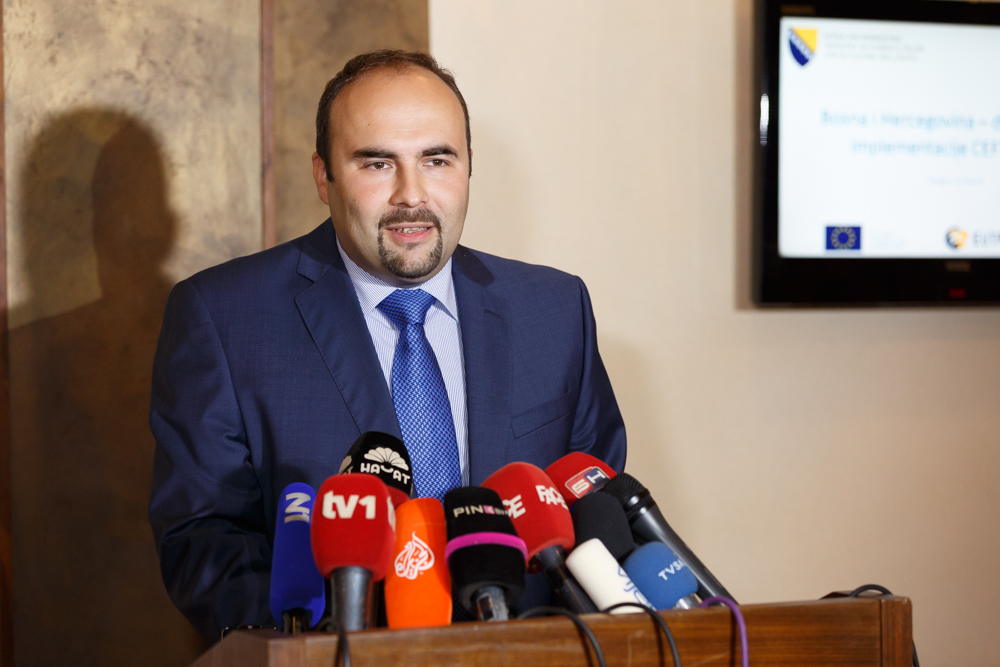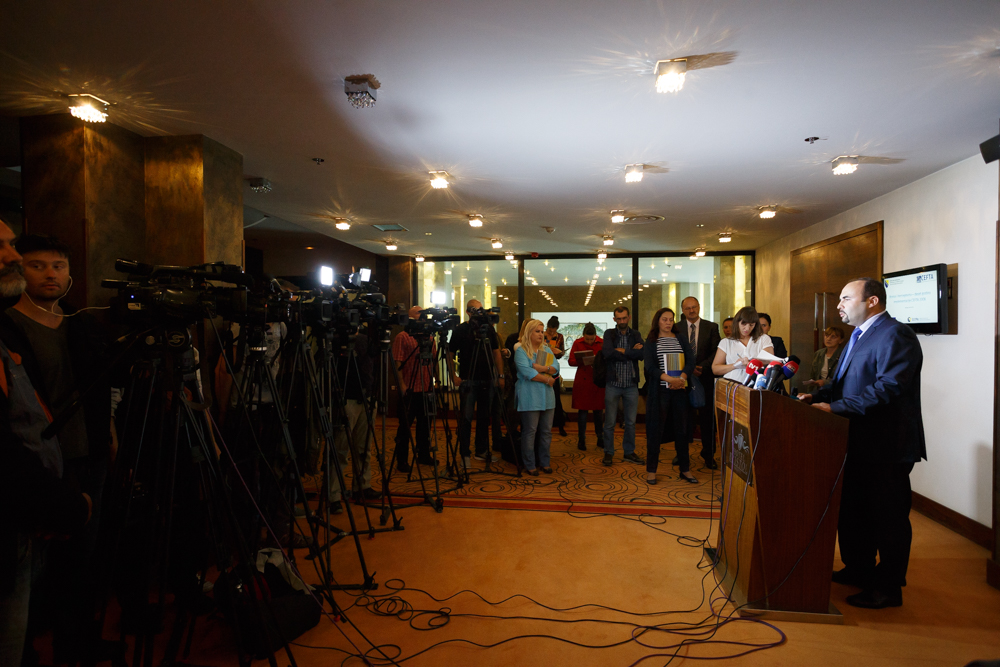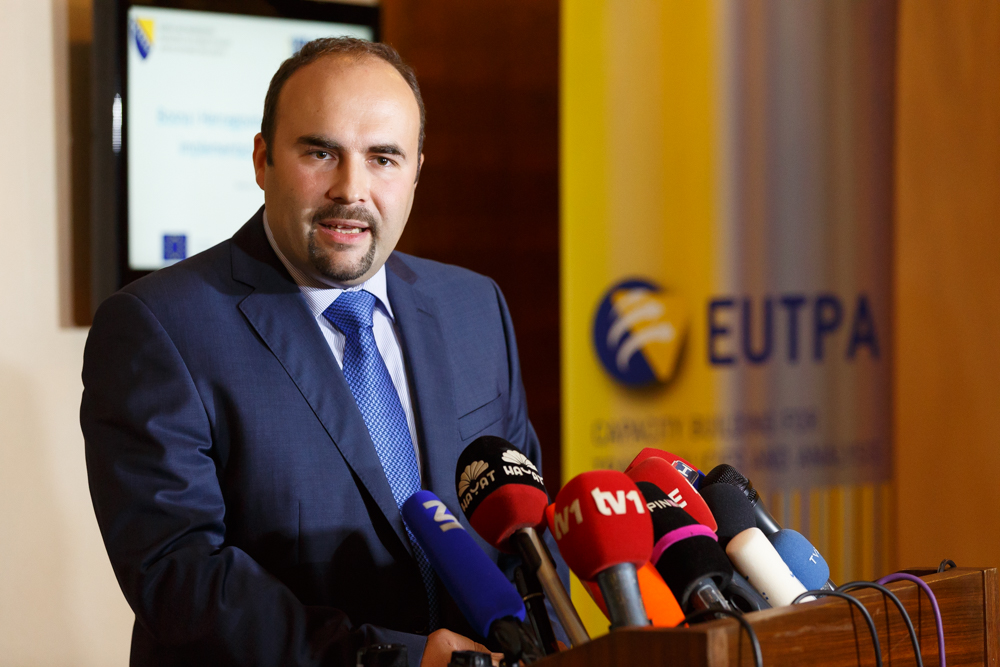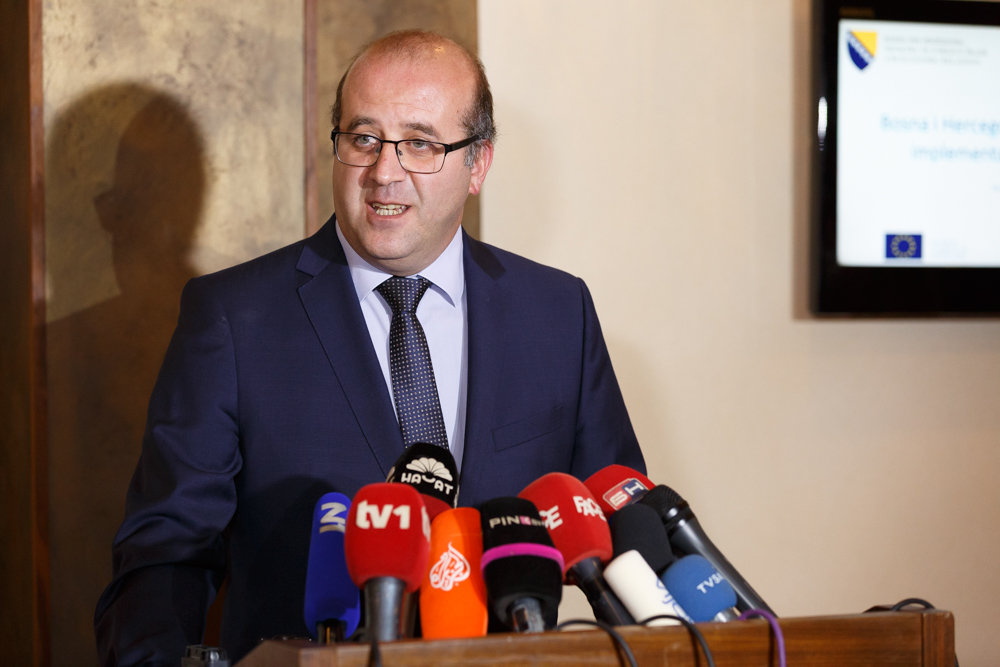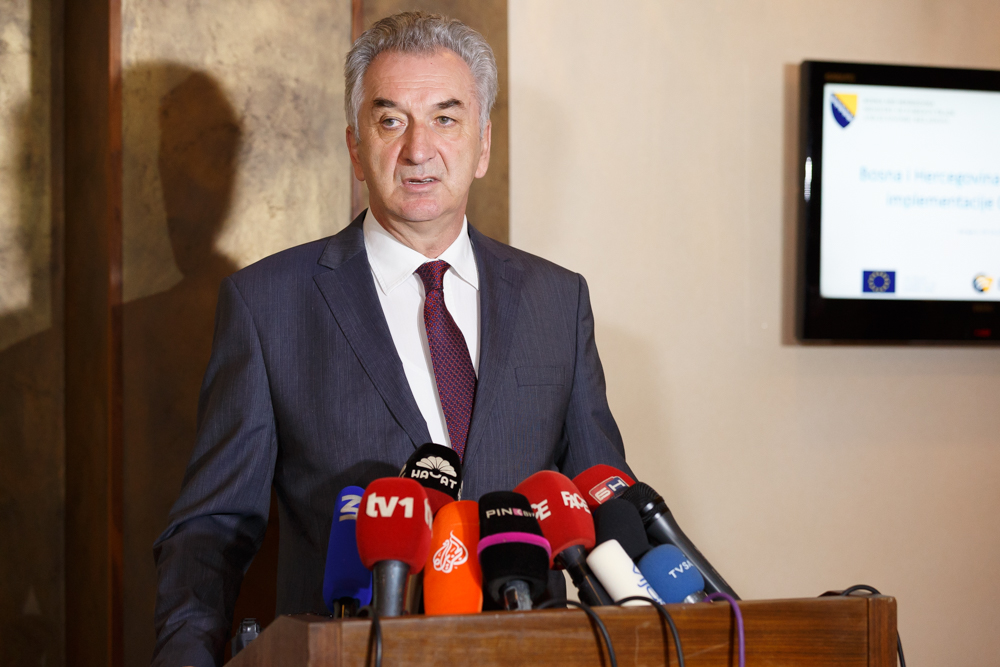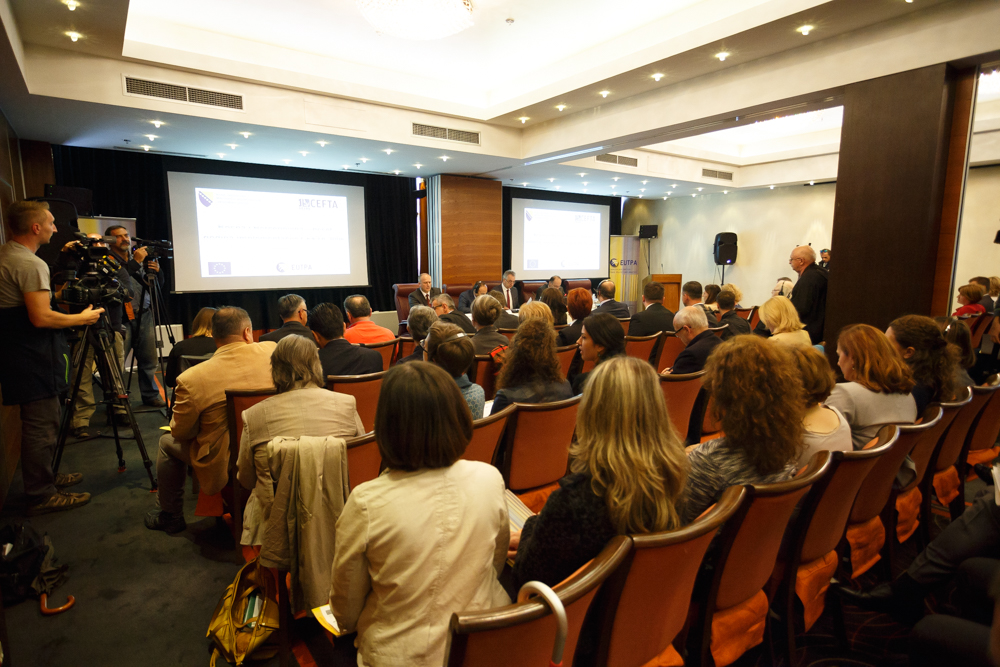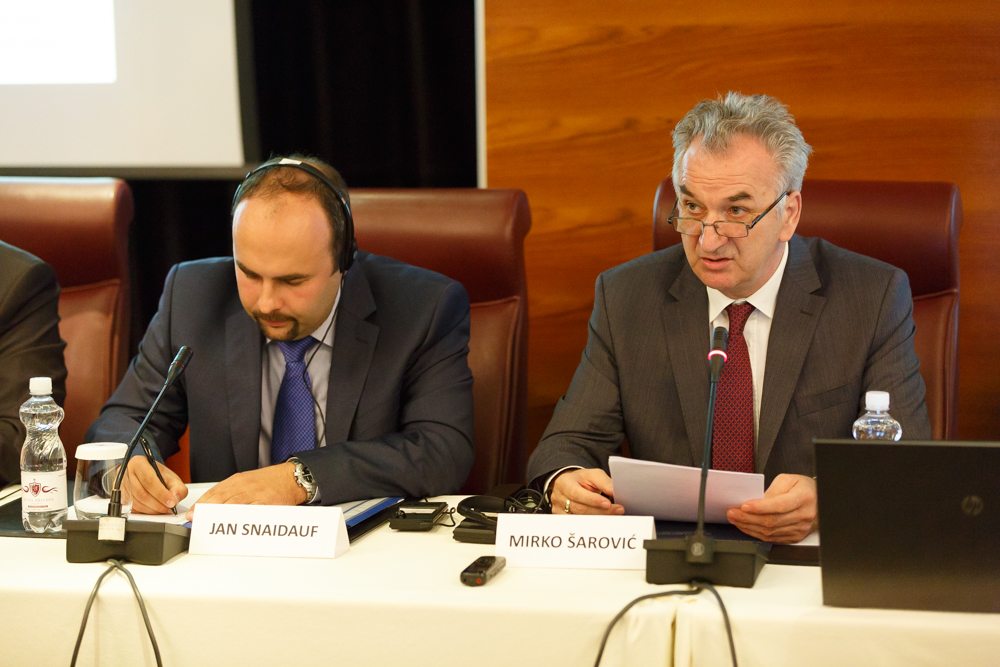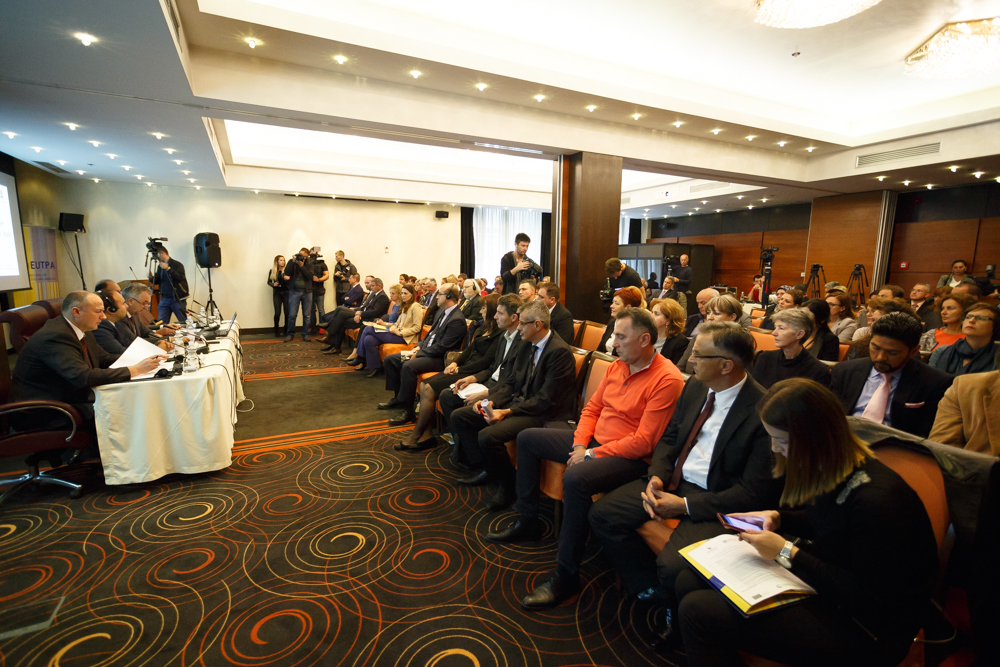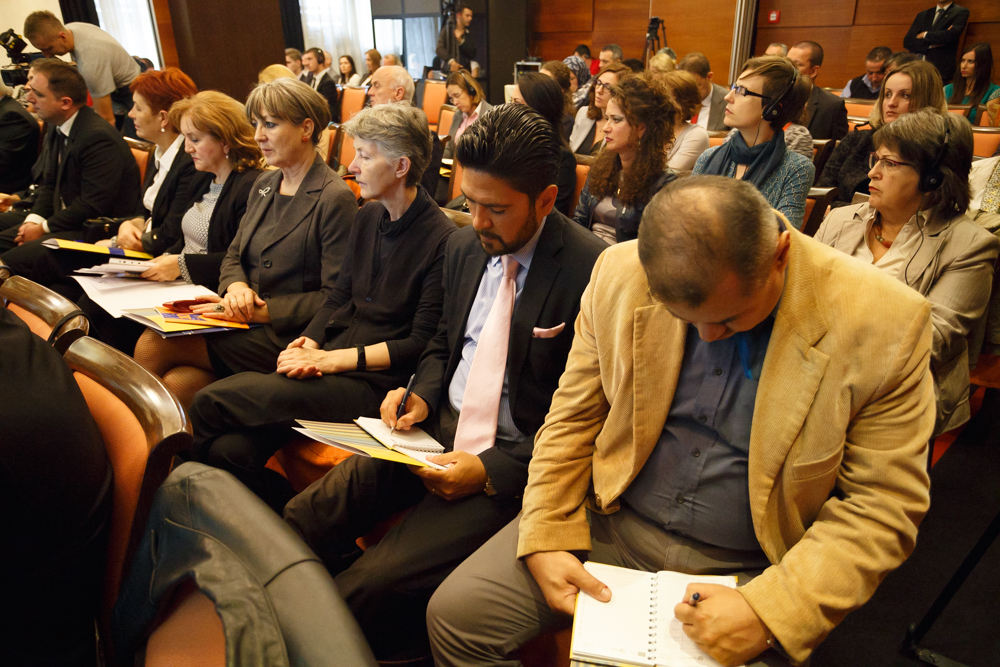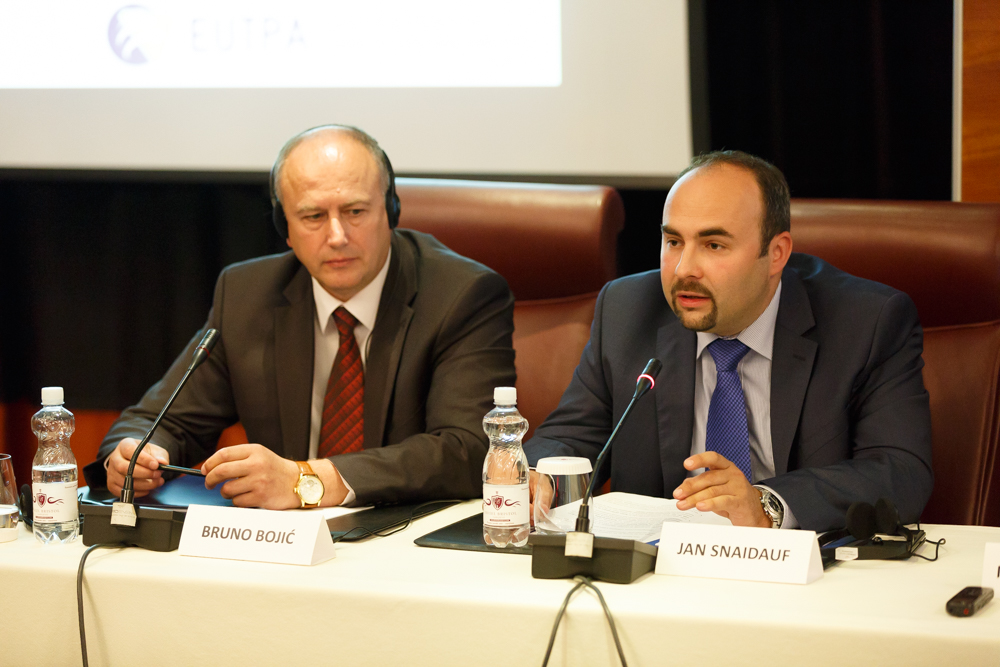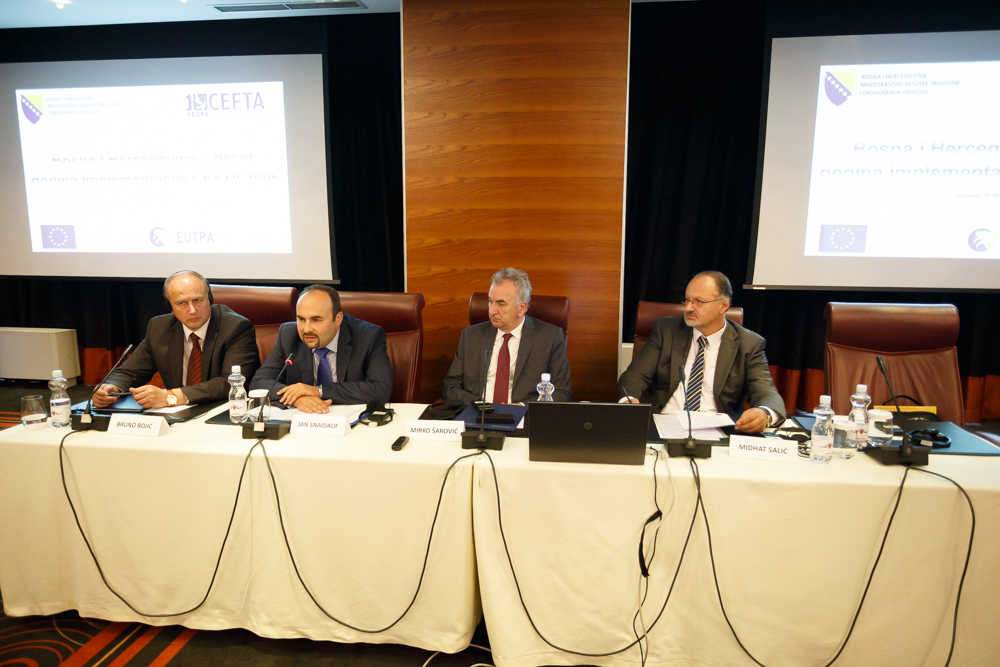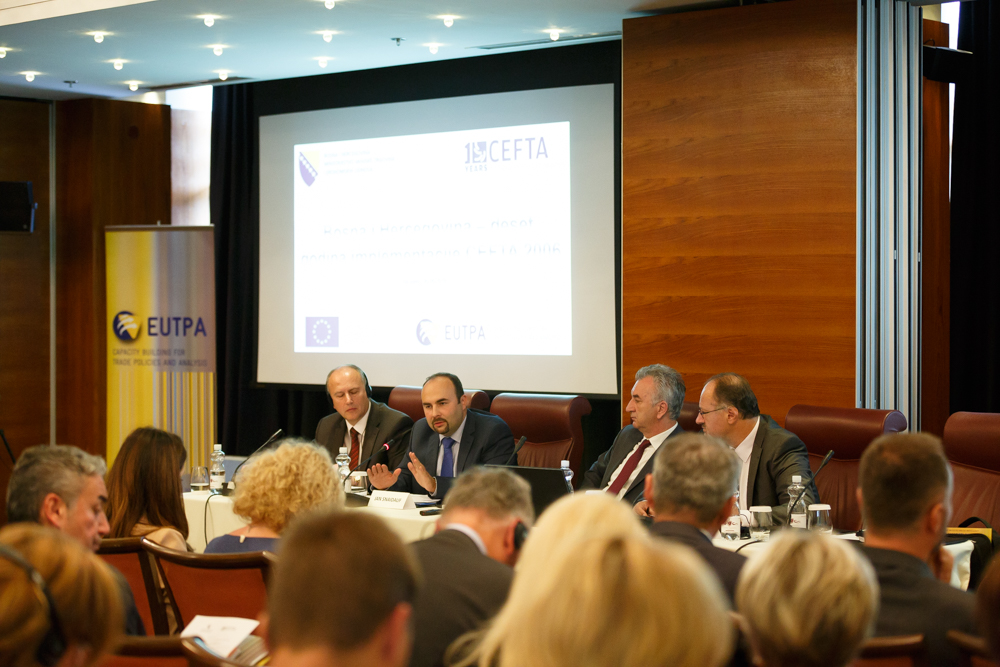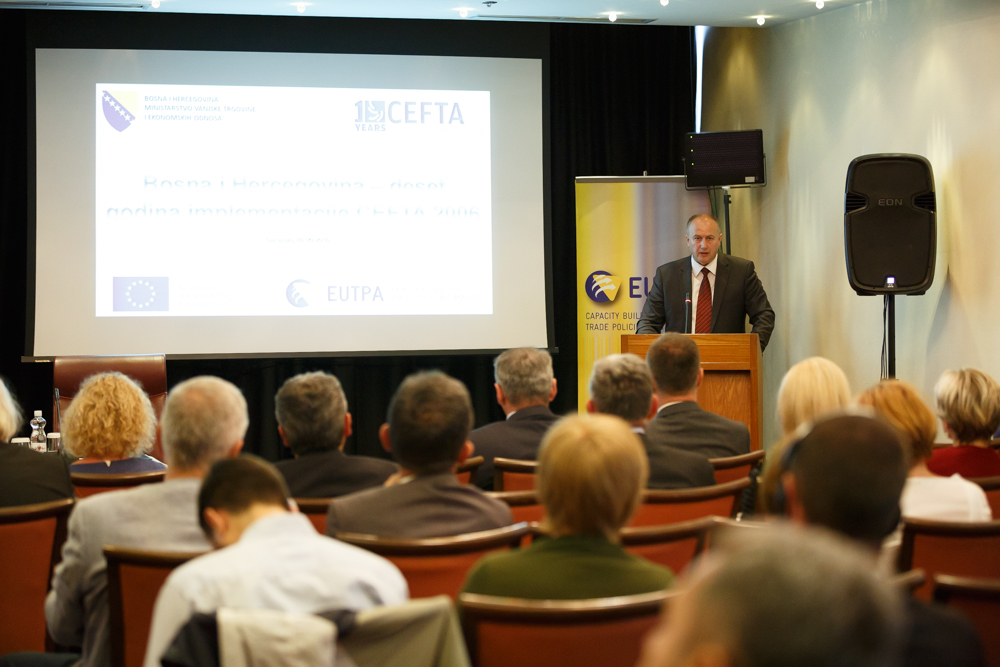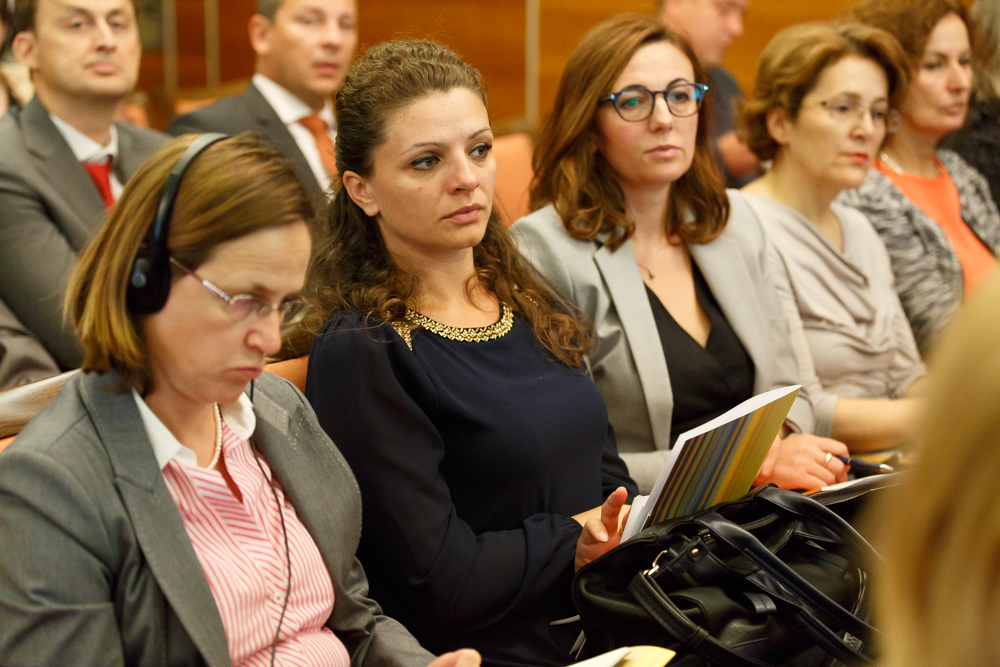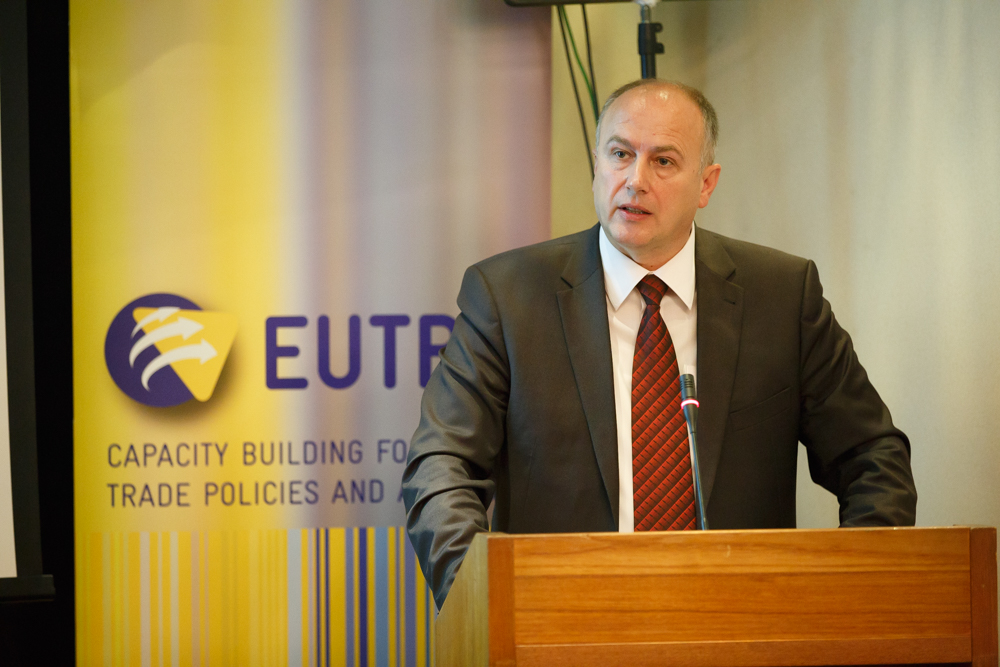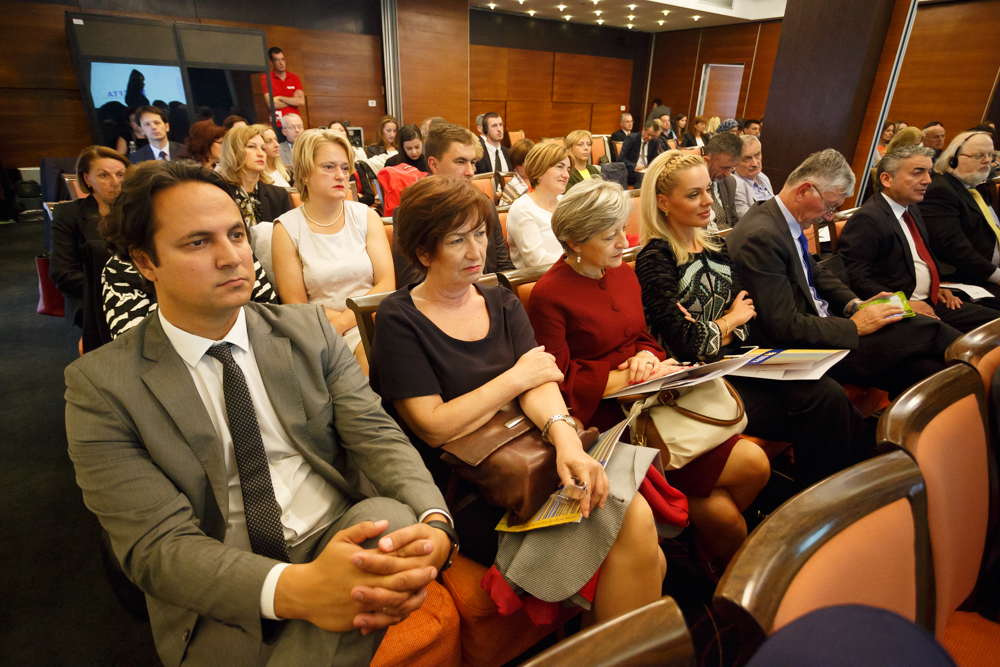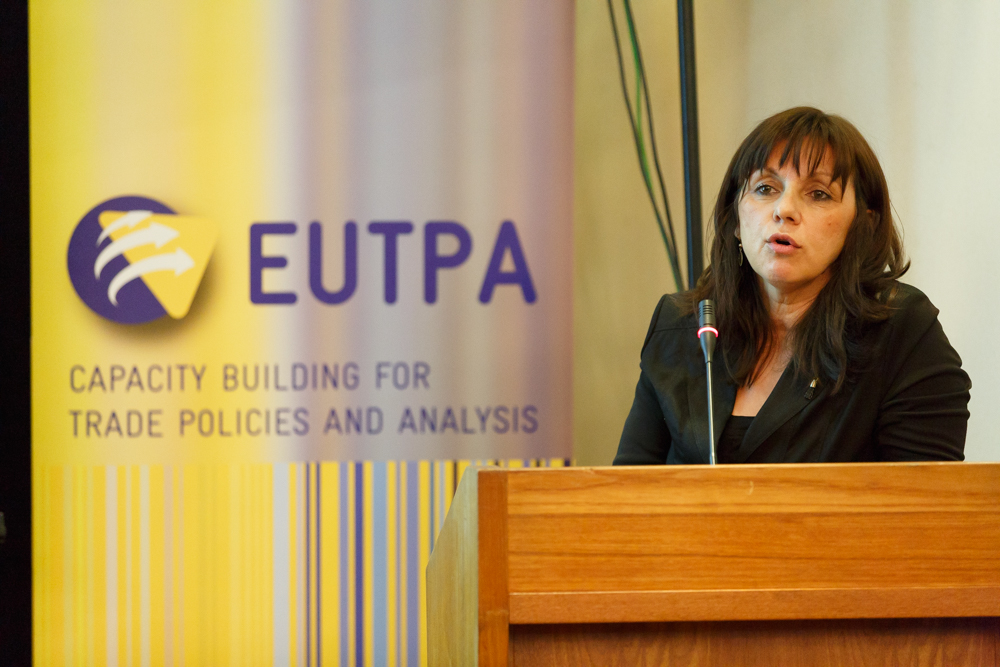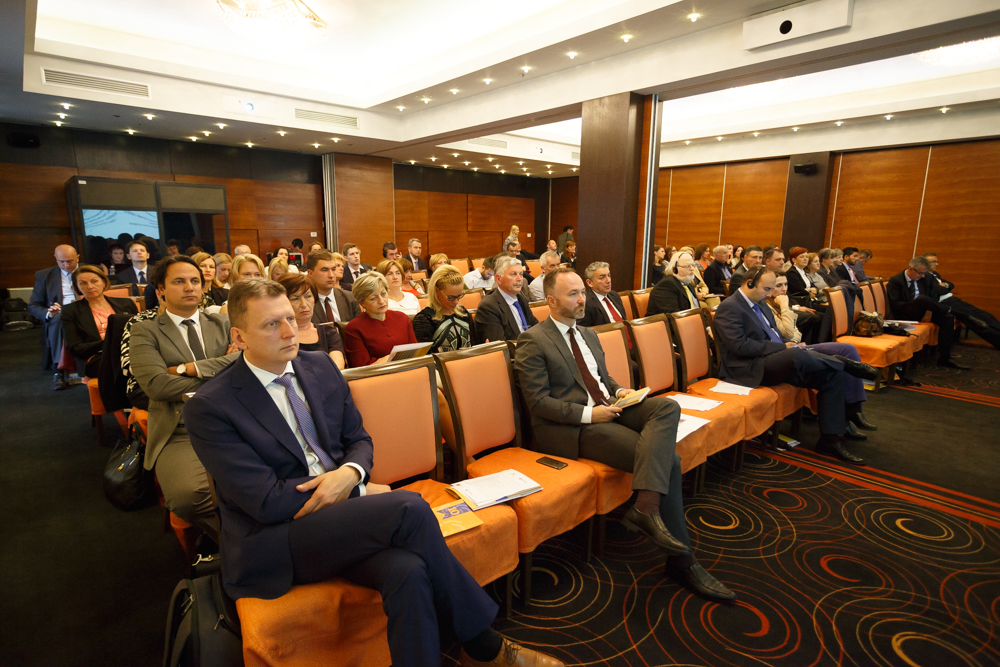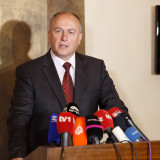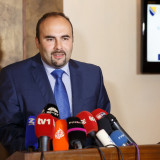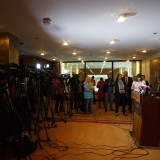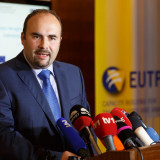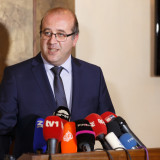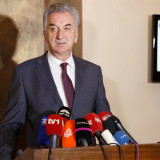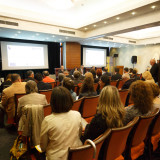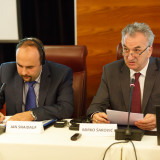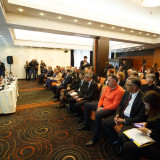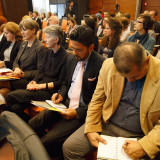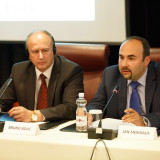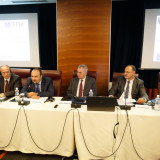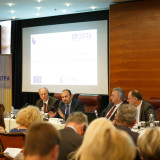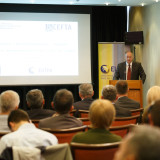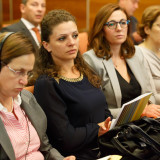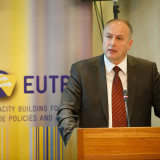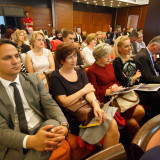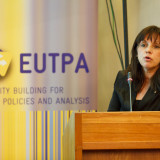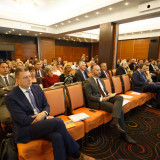On the occasion of the tenth anniversary of the implementation of the CEFTA (Central European Free Trade Agreement) in Bosnia and Herzegovina, the Ministry of Foreign Trade and Economic Relations in cooperation with the EU funded project “Capacity Building for Trade Policies and Analysis in BiH” organised a conference “Bosnia and Herzegovina – ten years of implementation of CEFTA 2006” on 6 September 2016 in Sarajevo.
Jan Snaidauf, Head of Political and Economic Section in the EU Delegation to BiH underlined the EU support for CEFTA and its importance for BiH.
“The European Union has strongly supported CEFTA’s creation and nowadays supports its operations, as CEFTA is a powerful training ground for participation in the EU accession process. Fully open CEFTA markets pave the way for a better performance in trade with the EU”, said Snaidauf, adding that the EU is BiH’s largest trading partner with 70 percent of the country’s trade taking place with the EU.
Mirko Sarovic, BiH Minister of Foreign Trade and Economic Relations noted that today’s event is an anniversary of the important regional agreement, being an excellent platform for the region and BiH’s path toward the EU.
“During the ten years we have managed to liberalise the market of countries that belong to the CEFTA zone, and in a way this is a specific part of the Stabilisation and Association Agreement, or its sequel’’, Sarovic concluded.
Introducing the next steps within CEFTA, Sarovic mentioned the elimination of non-tariff barriers and trade in services as the focus of interest in the future period.
Umut Ergezer, Acting Director of the CEFTA Secretariat welcomed the development of CEFTA throughout the years.
‘’Ten years ago CEFTA parties were discussing simple tasks, and now they are discussing how to take actions more than the ‘acquis’ alliance requires as well as how certain activities can be done, more than the WTO (World Trade Organisation) requires’’, Ergezer noted.
The Central European Free Trade Agreement (CEFTA)2006 is a single free trade agreement Current members are Albania, Bosnia and Herzegovina, F.Y.R. Macedonia, Moldova, Montenegro, Serbia, and Kosovo[1].
CEFTA’s main objectives are, inter alia, to expand trade in goods and services and foster investment by means of fair, stable and predictable rules, to eliminate barriers to trade between the Parties, to provide appropriate protection of intellectual property rights in accordance with international standards and to harmonise provisions on modern trade policy issues such as trade in services, investment, competition rules, procurement and state aid.
The project “Capacity Building for Trade Policies and Analysis” is funded by the EU through the Instrument for Pre-Accession Assistance (IPA) in the amount of 1,129,850.00 euro. The purpose of this project is to support the BiH Ministry of Foreign Trade and Economic Relations and related institutions in developing its institutional capacity related to the successful implementation of the SAA, WTO, CEFTA, EFTA and further trade negotiations.
[1] This designation is without prejudice to positions on status, and is in line with UNSCR 1244 and the ICJ Opinion on the Kosovo declaration of independence

